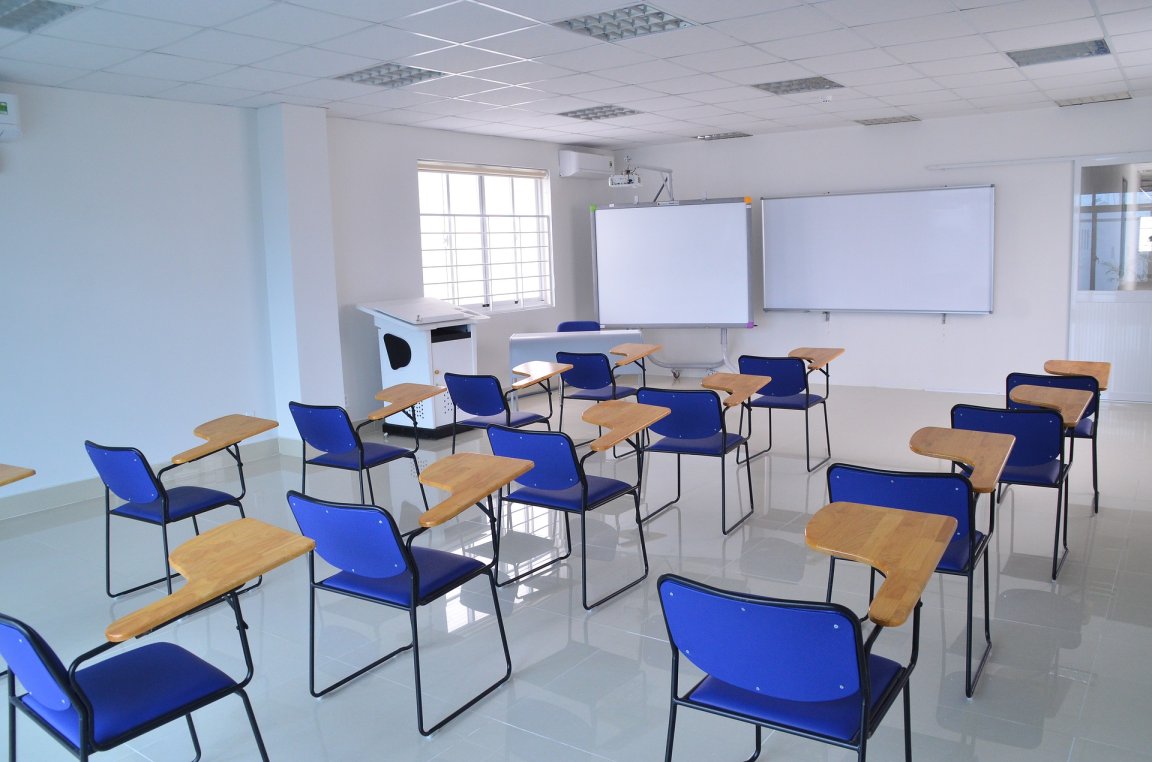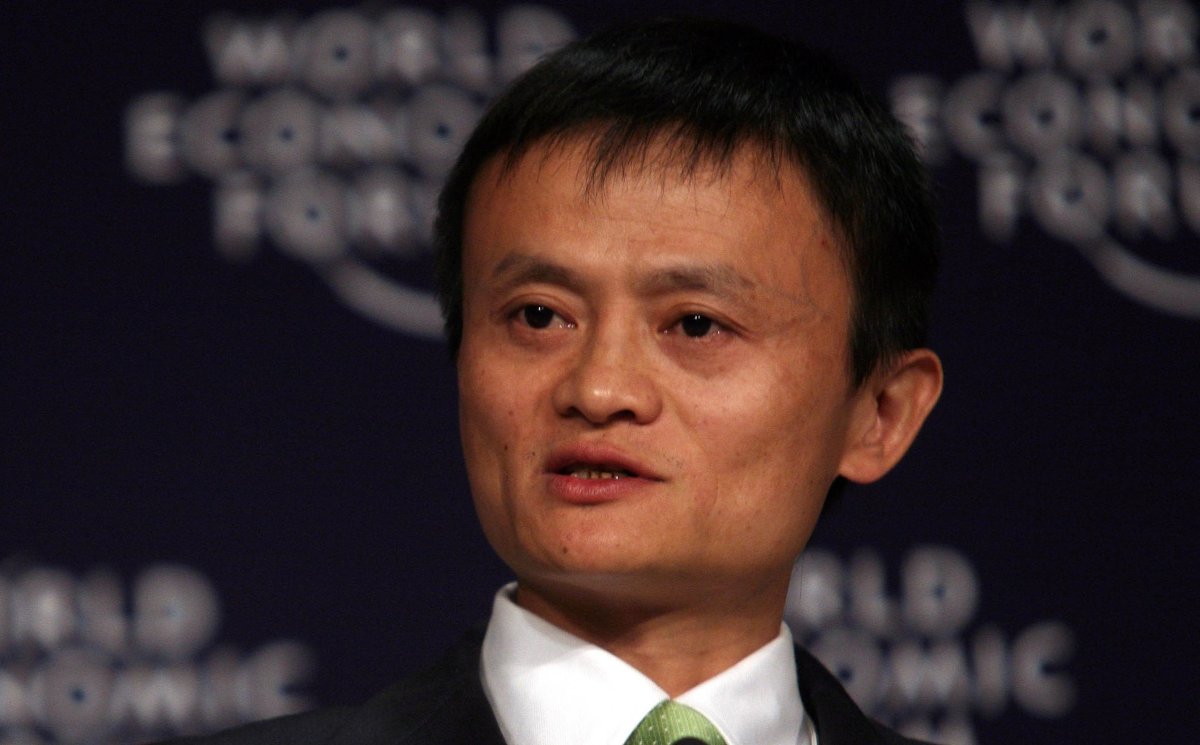
“Made in Internet”
Jack Ma, founder and chairman of Alibaba, isn’t afraid of artificial intelligence (AI) or automation. Instead, he thinks we need to prepare in the right ways for the massive, disruptive changes these forces are precipitating.
“In the last 200 years, manufacturing [brought] jobs. But today, because of the artificial intelligence, because of the robots, manufacturing is no longer the main engine of creating jobs,” Ma said Wednesday at the Bloomberg Global Business Forum. “The service industry is going to be the main driver for job creation.”

This take is dramatically different from the “America First” economic populism pushed by President Trump, who has repeatedly promised to return manufacturing jobs to the US.
“Talking about manufacturing, we should not be talking Made in China, Made in America,” Ma said. “It’s going to be ‘Made in Internet.’” The major obstacle to making this work is the way in which we educate and train the next generation to enter the workforce.
“The way we teach … is going to be making our kids [lose] jobs [in] the next 30 years,” Ma said. According to him, there is no reason to train the kids of today to calculate, because machines will always be more effective at calculation. The human edge in the age of automation? “We have to teach our kids to be very, very innovative, very creative,” he said. “In this way, we can create jobs for our own kids.”
Adaptation Will Create Jobs
Ma’s not alone in this thinking; many experts feel that the way we currently teach children is ineffective, outdated,won’t prepare them for automation or STEM jobs, and renders higher learning inaccessible to too many. But when it comes to AI, Ma joins a debate that’s much more polarizing, with experts taking positions across the spectrum of opinion.

Ma is not as worried about AI as, for example, Elon Musk; he is more optimistic — if we are properly prepared. “The new technology will destroy a lot of jobs. But it will also create a lot of jobs,” he said. “The question is whether we are ready and whether we are qualified for these new jobs.”
Ma is also a realist. He sees not only education, but also issues with the environment, public health, and poverty as drivers that will influence how we handle the world we shape with new technologies. “I’m optimistic — positive — for the future for the technology,” he said. “But we also have to be very, very careful. The first technology revolution caused World War I. Second technology revolution caused World War II. Now, we’re in the third technology revolution. The World War III should be against poverty, disease and environment pollutions.”